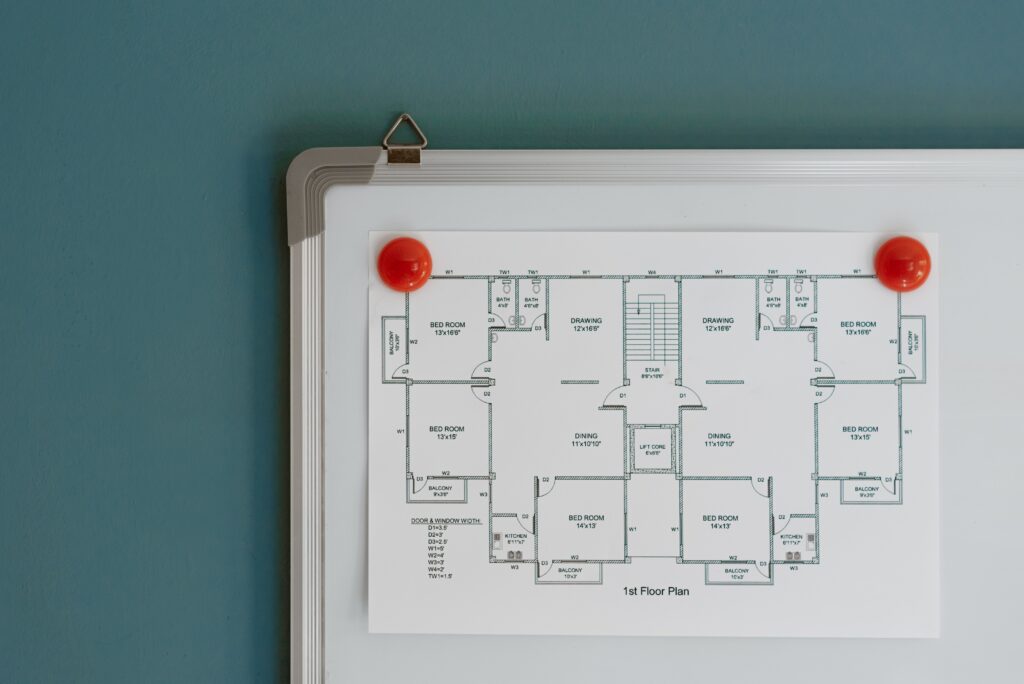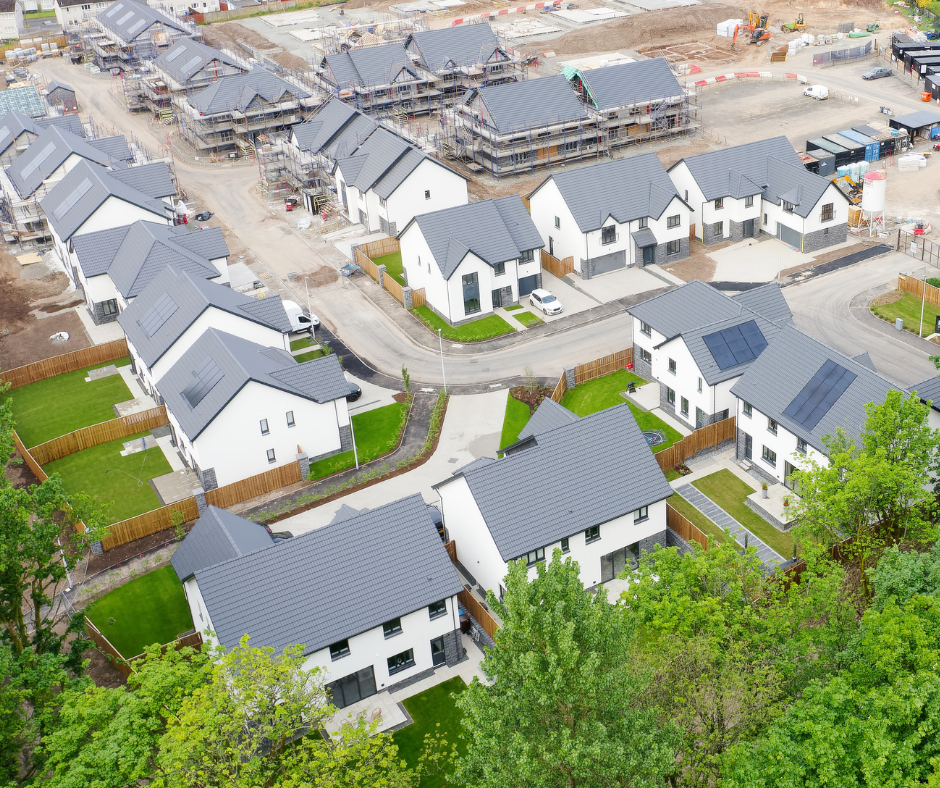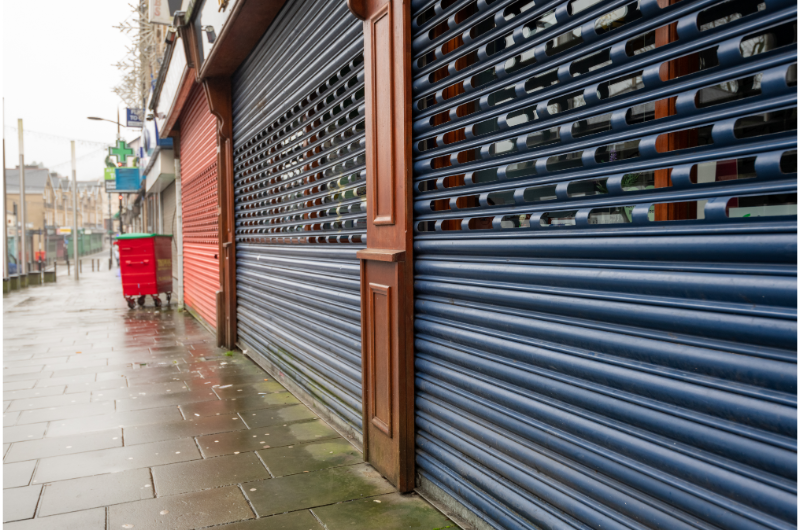The Covid-19 pandemic sparked a work-from-home surge as remote working became the norm for many during the various lockdowns.
The trouble is many of us were forced to work in spaces not fit for purpose – like the dining room table or crammed into the spare room. As the realisation dawned that we would be spending more time at home, there has been something of a house extension boom.
Analysis carried out by Santander UK found that UK homeowners applied for more than 60,000 extensions and conversions to improve their homes during the first 13 weeks of lockdown from March 2020. The research also showed that lockdown prompted two in five (40%) homeowners to bring forward their home improvement plans.
Likewise, Google data found that the search term ‘house extension’ reached an all-time high in 2020, as homeowners searched for ways to improve or increase the space in their homes.
As working from home continued perhaps longer than we expected, people wanted more from their houses, like dedicated workspaces, and social spaces in which to relax, becoming much more important. Extra space and flexibility became the must-haves.
The benefits of a home extension
The appeal of a home extension – or other similar house improvements – is that it’s cheaper than moving house and typically adds value to a home in the long-term, which makes it an affordable, desirable, and achievable option for many.
Work from home space essential
Despite work from home advice being dropped, many people are continuing with a hybrid working pattern as they look to maintain a better work/life balance.
A dedicated work from home space is therefore likely to remain a key priority for many, in a way that wasn’t the case before Covid hit. Even if people are only working from home some of the time, a fully functioning workspace will likely be considered essential.
If you’d like to create more space at home please get in touch.
E: angus.ellis@waltonhorsfall.co.uk




